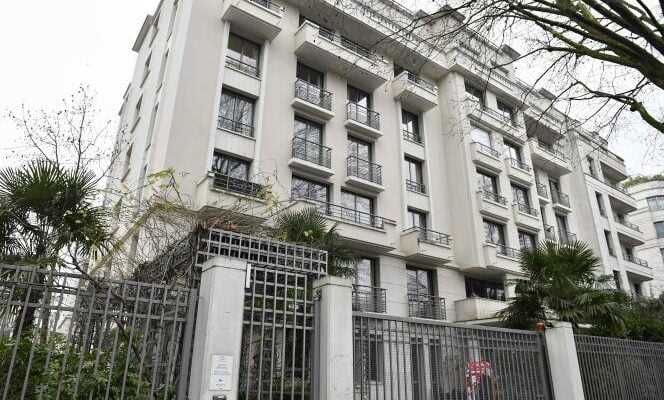Old age and dependency have become a market, the hunting ground for very active investment funds which favor the emergence of large private groups such as Orpea or Korian, listed on the stock exchange.
France has 7,517 accommodation establishments for dependent elderly people (Ehpad), welcoming 606,400 residents (2020 figures), which are divided between public structures – often annexes to hospitals or municipal social action centers – ( 51% of places), private and non-profit houses linked to associations, congregations or mutual health insurance (29%), and private commercial establishments, also known as “lucrative” (20%).
“It was from 1997 that the public authorities, becoming aware of the new needs linked to aging and dependency, created nursing homes and opened up this activity and access to public funds to private actors”, recalls Ilona Delouette, researcher at the University of Lille and author of a thesis in economics on the financing of dependency care. “Private groups have since developed at a brisk pace, and have created 40% of new places. »
“It is a regulated market, says Virginie Magnant, director of the National Solidarity Fund for Autonomy. Before opening an establishment, it is necessary to obtain a double authorization, that of the regional health agency, which finances the care, and that of the departmental council, which supports the expenses related to the dependence. These two budgets are highly discussed, negotiated and controlled. On the other hand, the price of accommodation, which includes administration, hotels, catering, laundry and entertainment, is freely set by the establishment. Only its evolution, over the stay of the same resident, is limited by an index published each year, by decree. »
Differences in the price of accommodation
It is therefore on this last item that the differences between the establishments are flagrant: the average price of stay is around 2,000 euros per month for the whole of France, drops to 1,884 euros in the public sector, climbs to 2,009 euros in the non-profit private sector, and 2,657 euros in the commercial private sector.
The tariff applied is not, however, synonymous with an increased presence of personnel, an essential element of the quality of service, since the public sector employs, on average, 70.6 employees per 100 residents, compared to 52.3 employees in the commercial private sector, a significant difference, even taking into account the outsourcing of certain tasks, catering, laundry, distribution of medicines, etc.
You have 58.73% of this article left to read. The following is for subscribers only.
